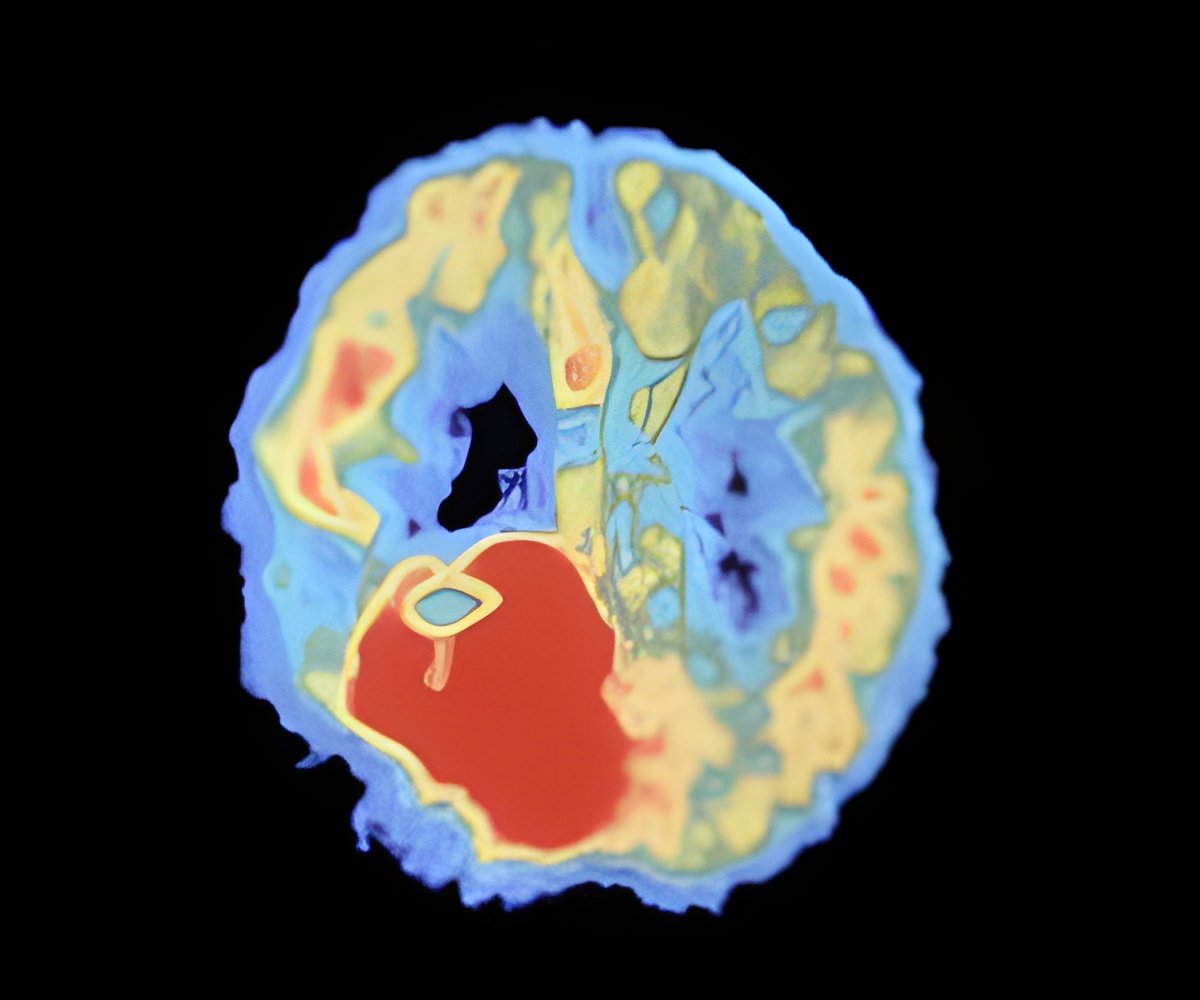A new study has found that falling down and losing balance frequently may be early indicators of Alzheimer's disease.

Until now, falls had only been associated with Alzheimer's in the late stages of dementia.
"If you meet these people on the street, they appear healthy and have no obvious cognitive problems," lead author Susan Stark, PhD, assistant professor of occupational therapy and neurology, said.
"But they have changes in their brain that look similar to Alzheimer's disease, and they have twice the typical annual rate of falls for their age group," she revealed.
Stark and her colleagues recruited 119 volunteers from studies of aging and health at Washington University's Knight Alzheimer's Disease Research Center. All the participants were 65 or older and cognitively normal.
Brain scans showed that 18 participants had high levels of amyloid plaques, a hallmark of Alzheimer's. The other 101 volunteers had normal amyloid levels in the brain.
Advertisement
This follow-up allowed researchers to gather information for future analyses that will compare and contrast the nature of the falls.
Advertisement
High levels of amyloid in the brain were the best predictor of an increased risk of falls.
"Falls are a serious health concern for older adults. Our study points to the notion that we may need to consider preclinical Alzheimer's disease as a potential cause," Stark added.
Source-ANI













